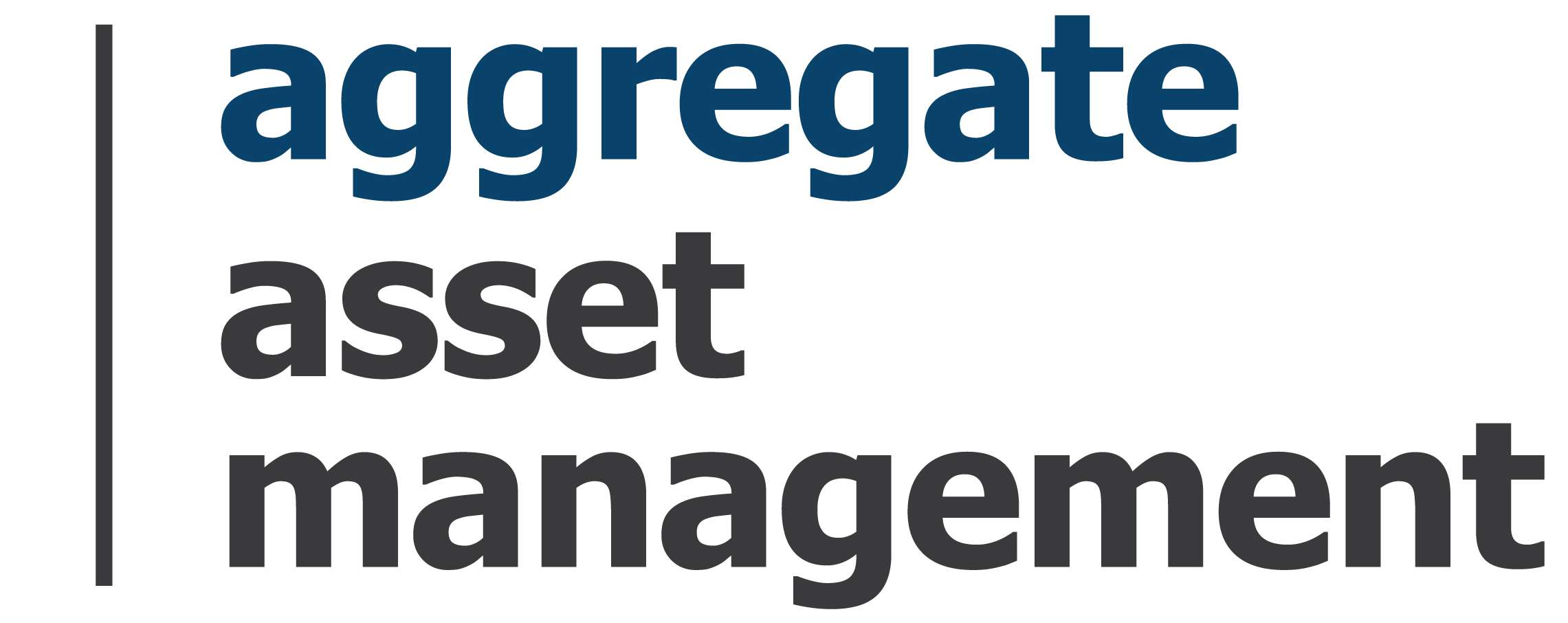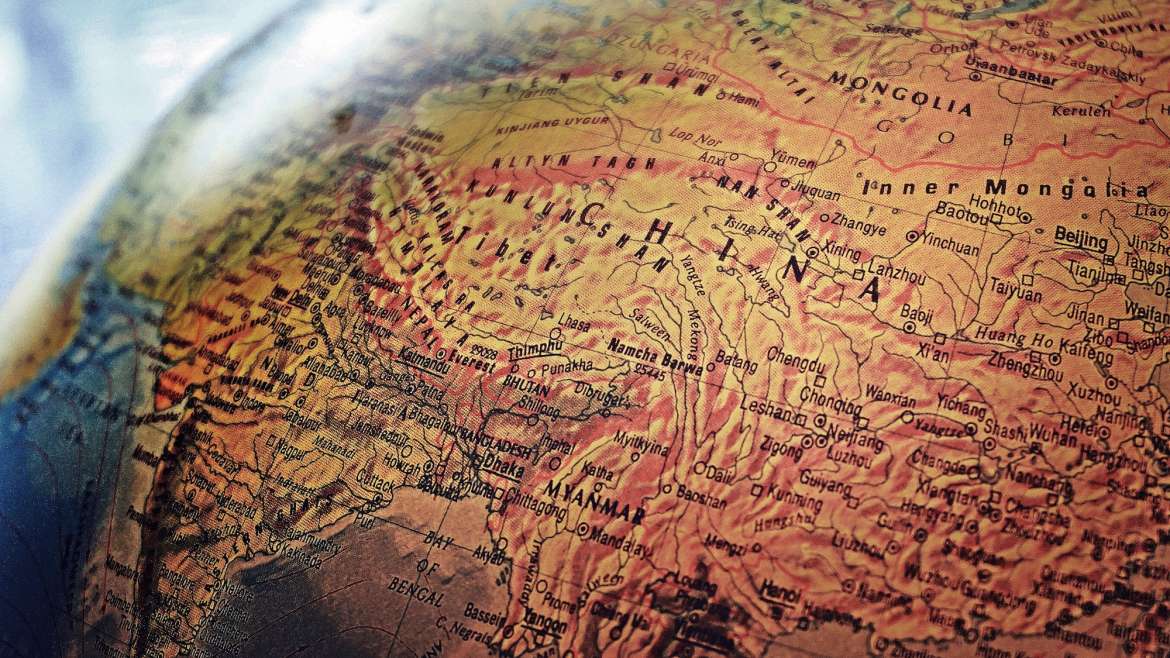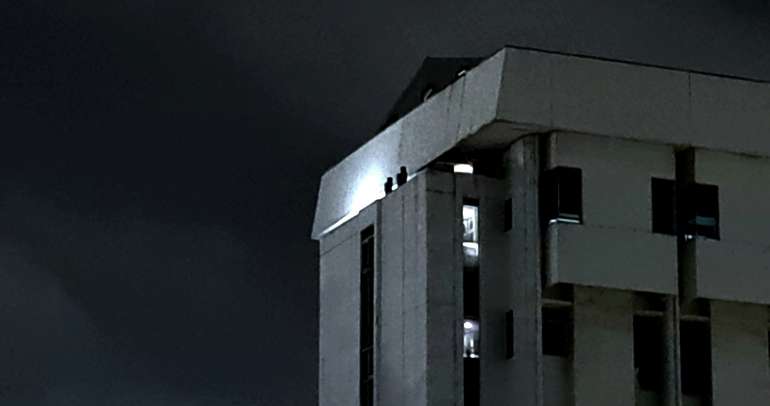On 9th July 2022, Aggregate Asset Management, in partnership with The Edge Singapore, held an engaging webinar – ‘Managing Global Uncertainties; Seizing Global Opportunities’. One of the hot topics under the banner was, ‘Has China Won or Lost from the Ukraine War?’ where our Chairman, Kishore Mahbubani, shared his views. This article is a summary of the sharing.
The video of the segment is reproduced below. To view the full video recording of the entire event, please click here.
The Ukraine War. Where does China stand?
Recently, an intriguing question has been on everyone’s mind. What exactly is China’s position on the Ukraine war?
To discover the answer, one must first, disregard the reports from the Western media.
The likes of The Economist, The Wall Street Journal, The New York Times, to name a few.
From them, one can only expect a rather black and white picture.
A picture that is understandably predictable, “China is taking Russia’s side, therefore China is wrong. China is evil and China should be condemned!”
Of course, this myopic view is limited in its revelation, because China has not supported Russia in its invasion of Ukraine, nor has it condemned the Russians.
Mind you, China is not alone in this. The largest democracy in the world, India, has not condemned Russia either.
The truth is, in geopolitics, everything is very complicated, and never straight forward.
Countries like China, India, South Africa and Brazil have to weigh many considerations before working out their positions, as they have their national interests to think of.
So, while China has been very careful about their position on the conflict, they have, at the same time, maintained close ties with Ukraine, a major trading partner.
Quietly behind the scenes, it is thought, China is trying to find ways to achieve an acceptable solution.
The key point is – China could have easily supported Russia in this war, however, it has been very careful in ensuring it kept a certain distance from it.
Though it is true, Chinese and Russian leaders did say, in February this year (before the invasion of Ukraine), there are no limits to their partnership.
But this was more in reference to the broader relations between the two, which is quite natural, considering both are under tremendous pressure from the West, for different reasons.
While Russia is not seen as a long-term threat to Western dominance (especially American), China is recognised as one.
And because of this, a major geopolitical contest has been festering between the two giants.
(To understand the origins, structural forces that are driving it, what will be the outcome, consider reading Kishore’s book, ‘Has China Won?’ – it speaks of the larger geopolitical contest between the US and China, and the pressure from the West that has led China to keep up its partnership with Russia.)
China and Russia are allies. Or are they?
In the long run, the China–Russia relationship will have divergent goals. But for now, Russia’s main focus is the West, however in the near future, Russia’s concerns will focus on the rise of China.
So, it is conceivable that one day, Russia and Europe may unite and work together to counter China’s dominance.
But with all things considered, one has to say, in the short term, China has suffered a loss in regards to the Ukraine war.
In FOUR different ways to be exact.
The FIRST way – 2022 is an important year in China’s political transition, so President Xi Jinping would have wanted a calm, stable year. Instead he had to deal with two huge challenges – managing the exit out of the ‘Zero Covid’ policy, and handling the ramifications of the Ukraine war.
The SECOND way – both China and Russia’s close relationship is crucial to fend off the common political pressure, so it is in China’s interest to have a strong partner. Unfortunately, the failure to end the war quickly, as well as biting sanctions, have resulted in a weakened Russia. This has turned out to be a setback for China.
The THIRD way – China has always dealt with the US and Europe as two separate entities, hoping the two never unite against them. Unfortunately, the Ukraine conflict changed all that. It resulted in a remarkable coming together of the US and Europe, a revitalisation of Western solidarity. Now, China has to deal with a strong united West, rather than a divided one.
The FOURTH way – China is thought to have incredible assets – total reserves of 3.2 trillion dollars (about 3 trillion dollars in foreign reserves). They always believed it would protect them from any Western political or economic onslaught. But lo and behold, they were absolutely shocked to see half of the Russian central bank’s reserves decimated – out of $680 billion, it is estimated, around $340 billion was seized and frozen by the West.
China’s foreign reserves, once thought to be an asset, could turn out to be a liability – it can be frozen overnight by the West, and their banks. Hence, this has become a strategic concern for China.
From all this, one can conclude, the stability President Xi hoped for, the partnership with Russia, the revitalised unity of the West, and the vulnerability of the foreign assets, has put China at a disadvantage.
So, has China gained anything from all this?
As the war rages on, one can see the emergence of new trends that could work in China’s favour.
For example, up till now, the West is completely united on the Ukraine war, but as the war continues, the costs have been increasing, especially for the domestic populations of the United States and Europe.
Hence, this might lead to a domestic backlash in both places.
Gasoline prices in the US have shot up, and this is adding pressure to Biden’s administration. And if inflation continues to rise and things get difficult for the middle class, there could be a political backlash as well.
In the same way, a summer of unrest in many European countries could happen too. If inflation rises and energy prices remain high, a certain degree of exhaustion might become more pronounced.
The strong Western resolve, which is evident so far, may weaken in the weeks and months to come.
With all this, there could be some pressure to find an urgent solution to the Ukraine situation.
And this would change the balance between the West and China (much to Beijing’s liking).
12% of the world’s population live in the West, while 88% live outside the West.
Why is this piece of statistic important to the whole China, Russia, Ukraine situation?
Well, initially when Russia invaded Ukraine, it shocked the world, over 140 states condemned it.
One sensed that the West and the rest were united in their stand against the invasion.
But over time, even after strong sanctions were applied on Russia, it is evident, only 16% of countries imposed sanctions, while 85% of countries did not!
What the rest of the world is saying is this – while the war is damaging to Ukrainians, it is also beginning to cause great suffering to the rest of the world.
The increased global inflation, as well as the high energy and food prices, are beginning to be felt by millions, especially in many third world countries.
Many are going to go hungry as a result of the war, and the sheer indifference of the West to this, is becoming very clear and palpable.
All of which could lead to a backlash against the West.
In some ways, China’s position is more in tune with most third world countries.
Paradoxically, what initially seemed to be a global united response, now seems to be a very Western response.
The position taken by the larger countries in the third world (as seen in the recent G20
Foreign Ministers’ meeting), countries like India, Indonesia, Brazil, South Africa are saying,
“We should not just focus on the war, we should focus on ending it, working towards a ceasefire, trying to find a peaceful solution, because the problem in Ukraine is not only disrupting lives there, it is disrupting lives everywhere.”
Therefore, if the West is trying to understand China’s position, it first has to realise China is not isolated in its position on the Ukraine war.
In some ways China’s position is actually more in harmony with most countries in the world than with the West.
So, with all that has been shared, we hope this article managed to bring out the complexity of the subject, to enable you to have a better understanding about one of the most difficult and problematic issues of our time. And China’s role in it.



